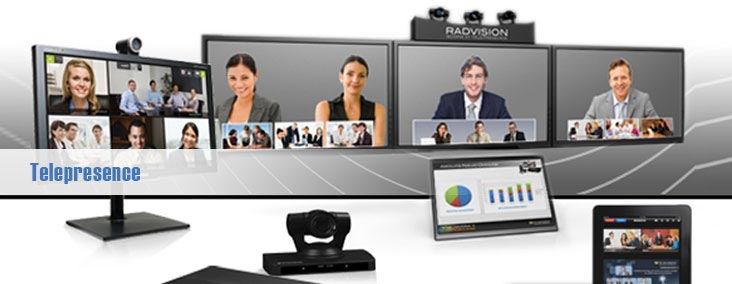Solution » Enterprise Communication | » Video - Virtualization |
Virtualization has taken data centers by storm over the past few years. The technology is software that makes it possible to run multiple operating systems and their applications on the same computer at the same time. Instead of a physical server being dedicated to a single application, a server can now accommodate many virtual machines, each with its own operating system and applications.
Virtualization is to bring voice to the virtual desktop, enabling organizations to reap the benefits of adding unified communications and collaboration (UCC) to other virtual desktop applications.
Unified Communications Keeps Us Connected:
With the integration of voice, messaging, mobility, and conferencing capabilities, as well as the integration of third-party applications, customers have found a whole new approach to business communications – Virtualization.Unified communications solutions are lowering communication costs for real-world businesses while helping improve productivity. Successful organizations are gaining competitive advantage in the market through easy collaboration and communication over distance and time.
Desktop virtualization
Desktop virtualization is hugely significant for IT departments and end users alike.Operating systems, configuration settings and applications that have traditionally run on personal computers can instead be located centrally on virtual servers in the data center, and accessed over the Internet – via the cloud.
The benefits include significant cost savings through centralized management and much greater flexibility for workers of all kinds.
Benefits for IT
For IT, voice-enabled virtual desktops mean:
- Centralized administration.
- Reduced hardware upgrades to user PCs.
- Easier software upgrades.
- Increased data and application security.
Benefits for Business Users
For the people who rely on their desktops to be productive, voice-enabled virtual desktops mean:
- Work, communicate, and collaborate from anywhere.
- Easier communication.
- BYOD (Bring Your Own Device).
Benefits for the Organization
For the business as a whole, voice on the virtual desktop means:
- Lower operating and capital expenses.
- Increased security and data integrity.
- Easier business continuity and disaster recovery.
- Greater productivity.
Solutions










